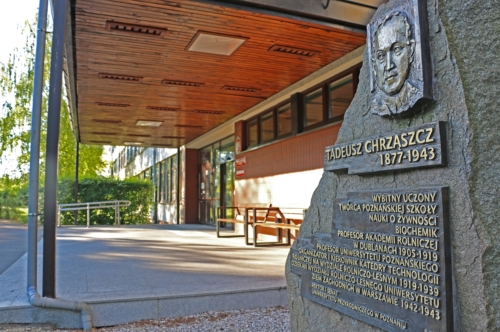Effect of Tempeh and Daidzein on Calcium Status, Calcium Transporters, and Bone Metabolism Biomarkers in Ovariectomized Rats
Iskandar Azmy Harahap 1, Maciej Kuligowski 2, Adam Cieslak 3, Paweł A Kołodziejski 4, Joanna Suliburska 1
Abstrakt
Menopause marks a critical life stage characterized by hormonal changes that significantly impact bone health, leading to a heightened susceptibility to bone fractures. This research seeks to elucidate the impact of daidzein and tempeh on calcium status, calcium transporters, and bone metabolism in an ovariectomized rat model. Forty female Wistar rats, aged 3 months, participated in a two-phase experiment. The initial phase involved inducing a calcium deficit, while the second phase comprised dietary interventions across five groups: Sham (S) and Ovariectomy (O) with a standard diet, O with bisphosphonate (OB), O with pure daidzein (OD), and O with tempeh (OT). Multiple parameters, encompassing calcium levels, calcium transporters, bone histopathology, and serum bone metabolism markers, were evaluated. The findings revealed that the OT group showcased heightened levels of bone turnover markers, such as pyridinoline, C-telopeptide of type I collagen, bone alkaline phosphatase, and procollagen type I N-terminal propeptide, in contrast to S and O groups, with statistical significance (p < 0.05). Histopathologically, both the OD and OT groups exhibited effects akin to the OB group, indicating a decrease in the surface area occupied by adipocytes in the femoral bone structure, although statistically non-equivalent, supporting the directionally similar trends. Although TRPV5 and TRPV6 mRNA expression levels in the jejunum and duodenum did not display statistically significant differences (p > 0.05), the OD and OT groups exhibited increased expression compared to the O group. We hypothesized that obtained results may be related to the effect of isoflavones on estrogen pathways because of their structurally similar to endogenous estrogen and weak estrogenic properties. In conclusion, the daily consumption of pure daidzein and tempeh could potentially improve and reinstate calcium status, calcium transport, and bone metabolism in ovariectomized rats. Additionally, isoflavone products demonstrate effects similar to bisphosphonate drugs on these parameters in ovariectomized rats.
Słowa kluczowe: bone metabolism; calcium; isoflavones; menopause; osteoporosis.












